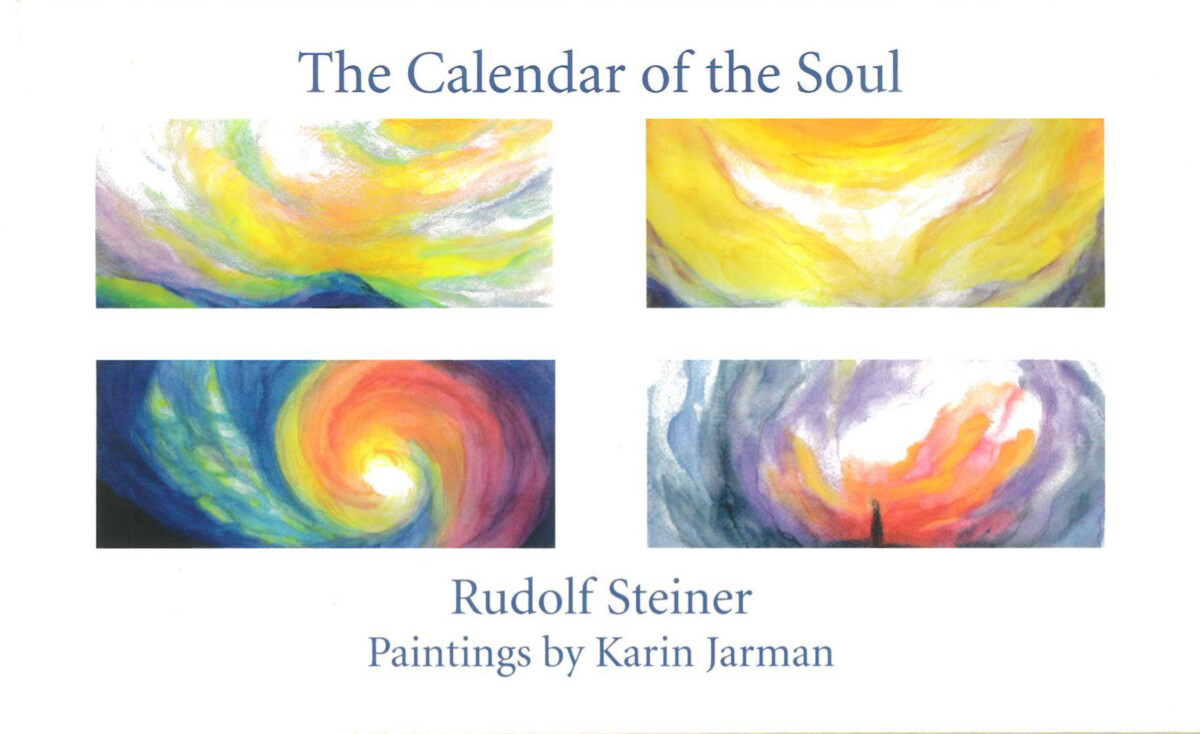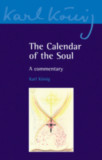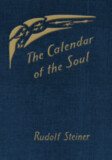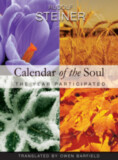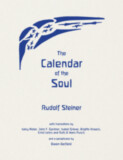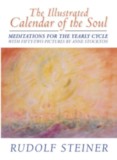The Calendar of the Soul
A set of 52 cards with paintings by Karin Jarman
- Publisher
Wynstones Press - Published
5th July 2022 - ISBN 9780946206933
- Language English
- Pages 72 pp.
- Images 52
A set of 52 cards with paintings by Karin Jarman, with both the English and German verses on the reverse.
An accompanying booklet also includes the verses, together with a Preface in both English and German.
Size of individual cards is 210 x 99 mm (approximately 8¼ x 4 inches).
“May these meditative verses find a special place in your heart, for they contain what brings the soul to life and reflects in a living way the relationship between the soul and the macrocosm.” Rudolf Steiner (Earthly and Cosmic Man, April 23, 1912)
Our creative work with the Soul Calendar took place between Easter 2020 and Easter 2021. Each week the verse was painted and a new English translation composed. The very special experience of working with the Soul Calendar in this way throughout a whole year, opened up new insights concerning the relationship between soul and world.
Inspiration for the paintings came from having observed the changing light at the same time each morning over a period of several years and experiencing its ever recurring cycle through the seasons—the darkness of winter, the bright light of summer and the glorious colours of the morning sky in spring and autumn.
The paintings were exhibited along with the new translations, in the church of the Christian Community in Stroud at Whitsun 2021. Having them laid out in sequence along the walls of this large space made it possible to experience for the first time how the colour moods evolved in the course of the year. There is also a wonderful symmetry in the verses and the number of the corresponding verse is indicated in brackets alongside each one.
In his 1918 introduction to the second edition of his Soul Calendar, Steiner writes:
“The cycle of the year has a life of its own and this life can be accompanied by the human soul. By participating and allowing what changes week by week in the course of the year to work upon us, we will truly be able to find ourselves. The soul will then feel how forces within her are being inwardly strengthened. She will discover that such forces can be awakened by participating in the course of the year as it unfolds over time. The delicate yet vitally important threads that connect us with the world into which we have been born then become visible.“In this calendar, a verse has been composed for each week so that the soul can experience what is happening that week within the life of the whole year. The verses seek to show how the soul responds to the changes in the year’s cycle of life. The intention is to achieve a healthy 'feeling of oneness' with the processes of nature and through that come to a strong 'finding of oneself,' based on the premise that accompanying the cycle of the year with these verses is something which the soul would long for if she could but understand herself.”
Rudolf Steiner
Rudolf Steiner (b. Rudolf Joseph Lorenz Steiner, 1861–1925) was born in the small village of Kraljevec, Austro-Hungarian Empire (now in Croatia), where he grew up. As a young man, he lived in Weimar and Berlin, where he became a well-published scientific, literary, and philosophical scholar, known especially for his work with Goethe’s scientific writings. Steiner termed his spiritual philosophy anthroposophy, meaning “wisdom of the human being.” As an exceptionally developed seer, he based his work on direct knowledge and perception of spiritual dimensions. He initiated a modern, universal “spiritual science” that is accessible to anyone willing to exercise clear and unbiased thinking. From his spiritual investigations, Steiner provided suggestions for the renewal of numerous activities, including education (general and for special needs), agriculture, medicine, economics, architecture, science, philosophy, Christianity, and the arts. There are currently thousands of schools, clinics, farms, and initiatives in other fields that involve practical work based on the principles Steiner developed. His many published works feature his research into the spiritual nature of human beings, the evolution of the world and humanity, and methods for personal development. He wrote some thirty books and delivered more than six thousand lectures throughout much of Europe. In 1924, Steiner founded the General Anthroposophical Society, which today has branches around the world.


